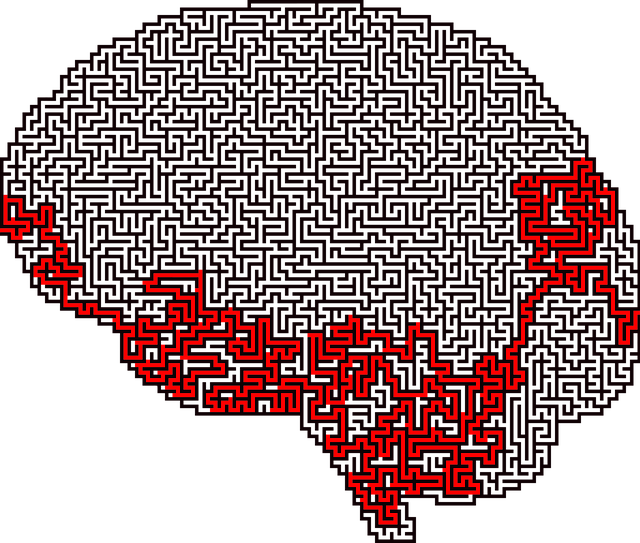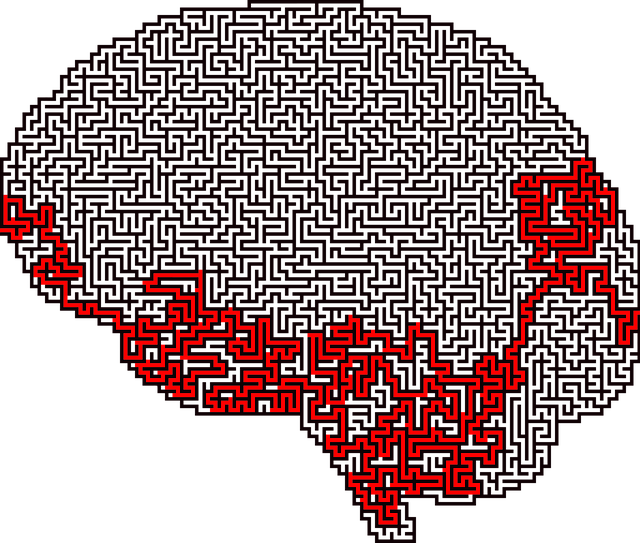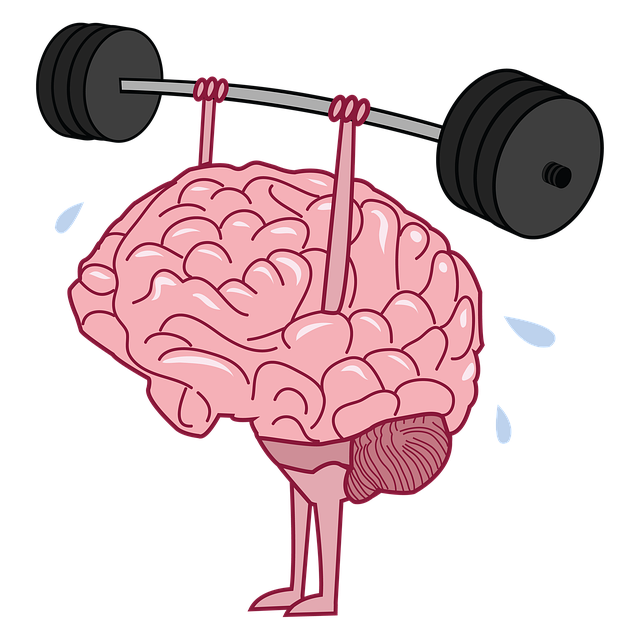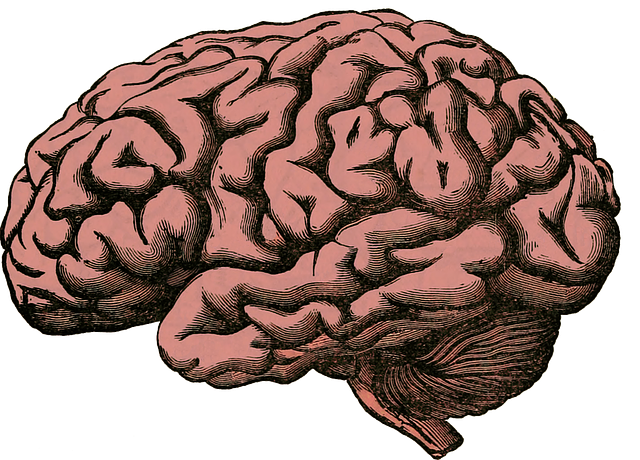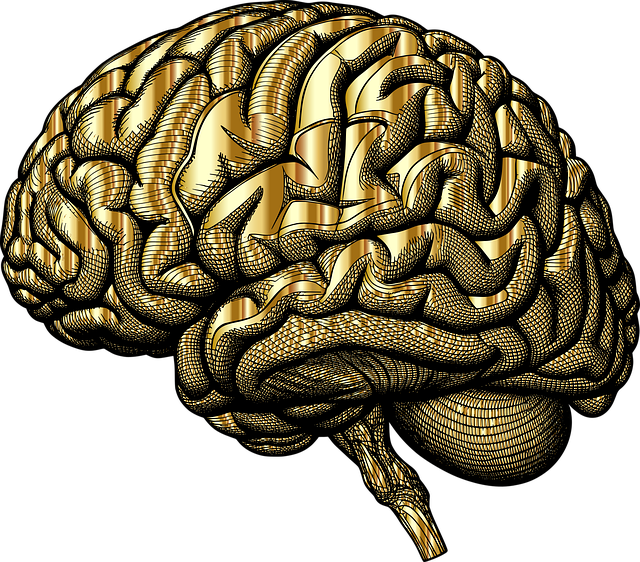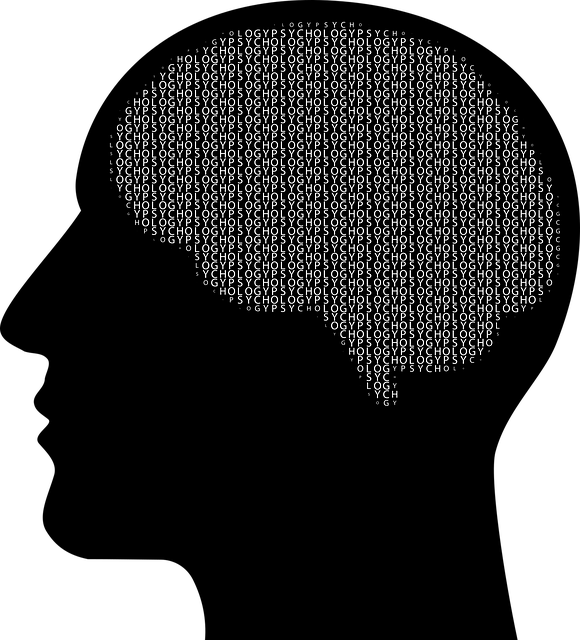Westminster Mental Health Evaluations Therapy forms a cornerstone for comprehensive mental health education. By integrating evidence-based practices like CBT and mindfulness, curriculum designers equip individuals with tailored coping strategies for stress, anxiety, and depression management. A supportive learning environment, free from stigma, encourages open dialogue and self-care. Cultural sensitivity is key, with interventions adapted to diverse backgrounds, ensuring effective therapy for all. This holistic approach, aligned with Westminster's evaluations, promotes long-term mental well-being.
“Mental health education programs play a pivotal role in fostering well-being and resilience. This article explores an effective program design, leveraging Westminster Mental Health Evaluations as a cornerstone for comprehensive therapy. We delve into defining essential components, integrating evidence-based practices, and creating stigma-free learning environments. Additionally, we emphasize the importance of assessment and adaptation to cater to individual needs and cultural sensitivity. By combining these strategies, mental health education programs can significantly enhance support and accessibility.”
- Understanding Westminster Mental Health Evaluations: A Foundation for Comprehensive Therapy
- Defining Key Components of an Effective Mental Health Education Program
- Integrating Evidence-Based Practices into Curriculum Design
- Creating a Supportive Learning Environment: Addressing Stigma and Fostering Open Dialogue
- Assessing and Adapting Programs to Meet Individual Needs and Cultural Sensitivity
Understanding Westminster Mental Health Evaluations: A Foundation for Comprehensive Therapy

Understanding Westminster Mental Health Evaluations forms a crucial foundation for comprehensive therapy. These evaluations go beyond merely diagnosing conditions; they provide an in-depth analysis of an individual’s psychological and emotional state, identifying strengths and weaknesses, and pinpointing areas that require support. By employing evidence-based practices, mental health professionals can tailor interventions to address specific needs, fostering positive thinking and enhancing overall well-being.
This process is instrumental in preventing and managing conditions like depression and promoting effective stress management. Through these evaluations, therapists gain valuable insights into clients’ lives, enabling them to design personalized treatment plans that not only alleviate symptoms but also equip individuals with resilience strategies for long-term mental health maintenance.
Defining Key Components of an Effective Mental Health Education Program

An effective mental health education program should be multifaceted, addressing various aspects of mental wellness to foster a comprehensive understanding. Key components include an introduction to mental health concepts and terminologies, tailored to demystify often-stigmatized issues. The program must equip participants with practical strategies for self-care routine development, promoting better mental health management. It should also encourage open discussions on common mental health challenges, such as stress, anxiety, and depression, providing tools for early intervention and prevention.
Moreover, an ideal curriculum integrates activities that enhance emotional intelligence, resilience, and coping mechanisms. By incorporating these elements, the program aims to empower individuals with knowledge and skills to navigate their mental health journeys effectively. Incorporating real-life scenarios and interactive workshops ensures engagement, enabling participants to apply learned concepts in daily life. Additionally, aligning the education with local mental health policy analysis and advocacy initiatives can facilitate systemic change, ensuring that participants are aware of available resources like Westminster Mental Health Evaluations and Therapy services.
Integrating Evidence-Based Practices into Curriculum Design

Integrating evidence-based practices into mental health education curriculum design is a strategic approach to equip individuals with effective tools for managing their well-being. Programs should incorporate techniques that have been rigorously tested and proven successful, such as cognitive-behavioral therapy (CBT), mindfulness meditation, and stress reduction methods, which are pivotal in the context of Westminster Mental Health Evaluations and Therapy. By weaving these practices into the fabric of educational content, learners can develop a comprehensive understanding of mental health and gain practical skills to navigate challenges.
Curriculum designers play a crucial role in fostering an environment that promotes self-care practices and encourages individuals to prioritize their mental wellness. Incorporating interactive activities, case studies, and real-life scenarios related to evidence-based therapies allows for hands-on learning. This active engagement deepens understanding and enables participants to apply learned concepts effectively, ultimately enhancing the overall impact of mental health education initiatives.
Creating a Supportive Learning Environment: Addressing Stigma and Fostering Open Dialogue

Creating a supportive learning environment is paramount when designing mental health education programs. This involves fostering a safe and inclusive space where students feel comfortable sharing their experiences and perspectives, free from judgment or stigma. By promoting open dialogue, educators can encourage participants to discuss challenges related to mental health openly, helping to dispel myths and reduce the societal stigma that often prevents individuals from seeking therapy or support. A welcoming atmosphere, coupled with interactive learning activities, allows for a deeper understanding of complex issues surrounding mental well-being.
Addressing stigma is an integral part of this process, especially when considering the impact on healthcare providers themselves. The risk assessment tools used in Westminster Mental Health evaluations can play a crucial role in identifying potential areas where burnout is prevalent among professionals. By integrating these assessments into education programs, organizers can equip students with strategies to manage their own well-being while also developing empathy and resilience needed to support others effectively. Burnout prevention strategies for healthcare providers are essential components of any comprehensive mental health curriculum, ensuring future practitioners are equipped to thrive in the demanding field of therapy.
Assessing and Adapting Programs to Meet Individual Needs and Cultural Sensitivity

Effective mental health education programs recognize that one-size-fits-all approaches rarely work when it comes to addressing individual needs. Assessing and adapting interventions to reflect cultural sensitivity is a cornerstone of successful therapy. This involves understanding the diverse backgrounds, beliefs, and experiences of participants in any given community, including the specific challenges they face related to mental wellness.
For instance, a program designed to promote emotional healing processes might need to incorporate different methodologies for those from various cultural groups. What works for a participant from a Western background might not resonate with someone else who has experienced trauma or cultural displacement. Therefore, developers of mental wellness coaching programs should strive for adaptability and inclusivity. This adaptation could involve integrating traditional healing practices alongside contemporary therapy techniques, ensuring that emotional healing processes are tailored to meet the unique needs and cultural sensitivities of each individual.
Designing an effective mental health education program requires a holistic approach, integrating key components like evidence-based practices, stigma reduction, and tailored curriculum design. By understanding Westminster Mental Health Evaluations as a foundational tool for comprehensive therapy, educators can create supportive learning environments that encourage open dialogue. Continuous assessment and adaptation to meet individual needs and cultural sensitivities are essential to ensure the program’s success in promoting mental well-being.

